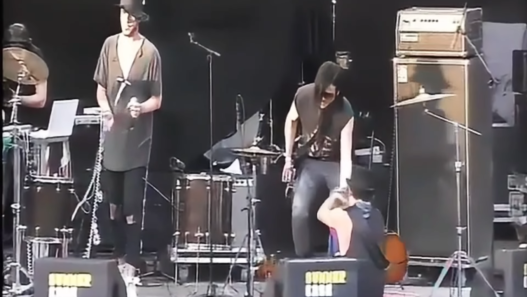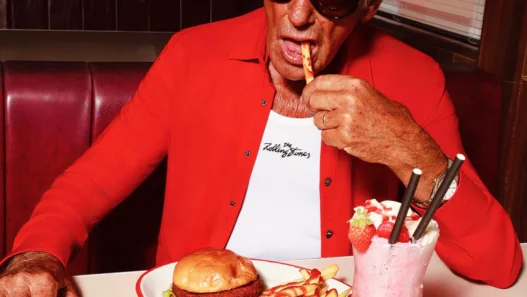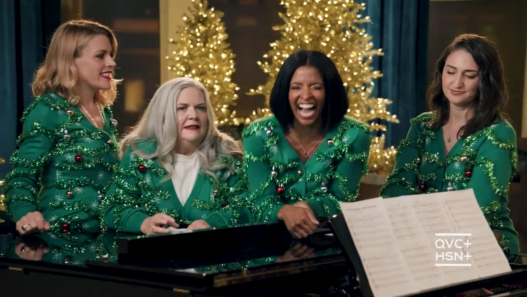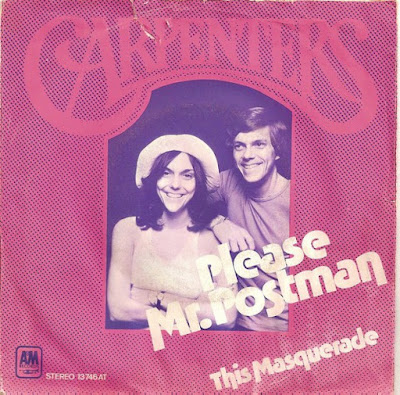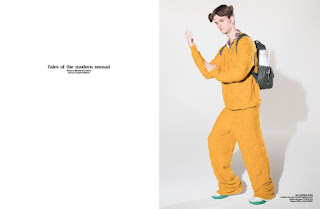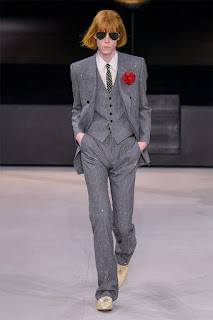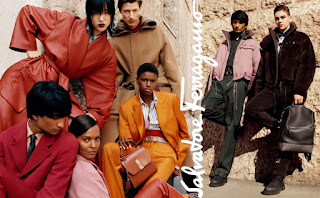According to one of our musical sources:
The Carpenters – “Please Mr. Postman”
HIT #1: January 25, 1975
STAYED AT #1: 1 week
“The kids of today should defend themselves against the ’70s.” That was Eddie Vedder, singing on Mike Watt’s 1995 song “Against The ’70s.” The problem, as Watt and Vedder saw it, was that the ’90s were drowned in a certain sort of ’70s nostalgia that was choking off the power of the era’s youth culture: “It’s not reality / Just someone else’s sentimentality.” It’s funny to think of that song now, when we’ve been living with ’90s nostalgia for as long as we have. And it’s also funny when you think about how the kids of the ’70s were absolutely not defending themselves against the ’60s.
Nostalgia has always been a force in pop music, and it probably always will be. (We had a #1 hit from the fucking Jonas Brothers this year.) But nostalgia has never been stronger in pop music than it was at the beginning of 1975. Two of the first three #1 hits from 1975 were covers of iconic ’60s songs: Elton John doing the Beatles’ “Lucy In The Sky With Diamonds” and the Carpenters doing the Marvelettes’ “Please Mr. Postman.” (In between those two songs, Barry Manilow hit #1 with “Mandy,” a cover of a not-iconic song from 1971.) In fact, it’s possible to think of both “Lucy In The Sky With Diamonds” and “Please Mr. Postman” as being Beatles covers, since the Beatles had done “Please Mr. Postman” on 1963’s With The Beatles. In both cases, the 1975 covers added absolutely nothing to the originals. They got over on pure nostalgia, on no merit of their own.
There are differences, of course. “Lucy In The Sky With Diamonds” was a call-back to the only-just-dead psychedelic era, and Elton John got actual Beatle John Lennon to sing and play guitar on his cover. So the success of the Elton John version had something to do with the bittersweet lost promise of the Beatles era, which must’ve still felt like an open wound in 1975. But the Carpenters’ take on “Please Mr. Postman” was just pure numbing airlessness — a childish callback to what must’ve felt like simpler times.
Of course, the times weren’t simple. There are no simple times. The Marvelettes’ original “Please Mr. Postman,” from 1961, was the first Motown single to hit #1. That means that it marked the beginning of a sea change within popular music. It must’ve made for a real symbolic victory: A black-owned label — one staffed with black singers and songwriters and session musicians — crossing over to white audiences enough to take that top spot. Marvin Gaye had played drums on the original “Please Mr. Postman,” and a decade later, he made What’s Going On. When heard in context, this was not a simple starry-eyed teenage-longing song. And as for the song itself, the original “Please Mr. Postman” had been powered by an adrenaline-charged yelp. It forced its way into your brain, refusing to become background music.
But that’s how the Carpenters treated it. After all, background music was what the Carpenters did. The Carpenters had recorded plenty of covers before “Please Mr. Postman.” They’d even devoted an entire side of their 1973 album Now & Then to new versions of oldies, strung together by a fake old-timey radio DJ. But they’d never done less with their source material than they did on “Please Mr. Postman.”
Karen Carpenter, a singer capable of great nuance and empathy and sadness, gets absolutely no space to show what she can do on “Please Mr. Postman.” She simply agreeably chirps the song, over a rigid polka-fart backbeat that sounds a lot like the slick late-’50s malt-shop music that Motown helped render obsolete. Tony Peluso plays rockabilly-ish guitar, and Bob Messenger plays a honking sax solo, even though the original “Please Mr. Postman” had been too efficient a song for guitars or sax solos. And so the Carpenters’ 14-years-later version of “Please Mr. Postman” somehow sounds less advanced than the original.
The Carpenters shot the video for their “Please Mr. Postman’ cover at Disneyland, running around with the costumed cartoon characters and smiling big for the cameras. The choice of location seems oddly fitting. In the years before the Carpenters found success, Richard Carpenter and his songwriting partner John Bettis had worked at Disneyland, playing old-fashioned music on Main Street USA. They’d been fired for playing too many recent hits. If Richard held any sort of grudge toward Disneyland, he didn’t show it in that video. And his group’s version of “Please Mr. Postman” would’ve never gotten anyone fired.
“Please Mr. Postman” was the Carpenters’ final #1. They kept charting in the ensuing years, but their sales dwindled. They struggled — Richard with addiction, Karen with anorexia. They went on hiatus, then came back together. And eight years after their final #1, Karen died of heart failure at the age of 32.
GRADE: 2/10
BONUS BEATS: Juelz Santana’s Heatmakerz-produced 2006 single “Oh Yes” was built from a sample of the Carpenters’ version of “Please Mr. Postman,” and it peaked at #56. Here’s the video:
(Santana’s highest-charting single is 2005’s “There It Go (The Whistle Song),” which peaked at #6. It’s a 6. He’ll appear in this column, but only as a guest on someone else’s song.)
BONUS BONUS BEATS: Frequent Juelz Santana collaborator Lil Wayne (who will eventually appear in this column) also rapped over a sample of the Carpenters’ “Please Mr. Postman” cover on his 2007 mixtape track “Mr. Postman.” Here’s that:” – Stereogum.com



